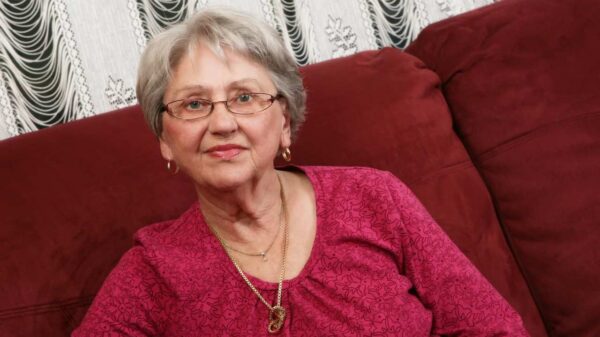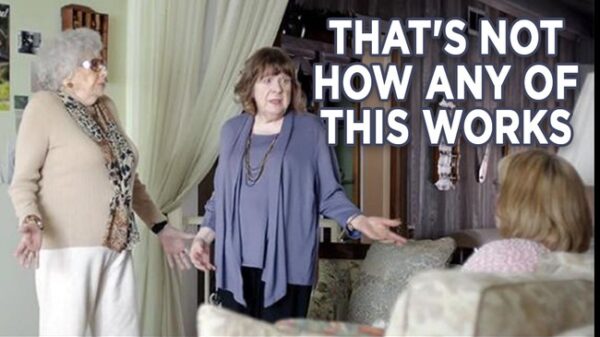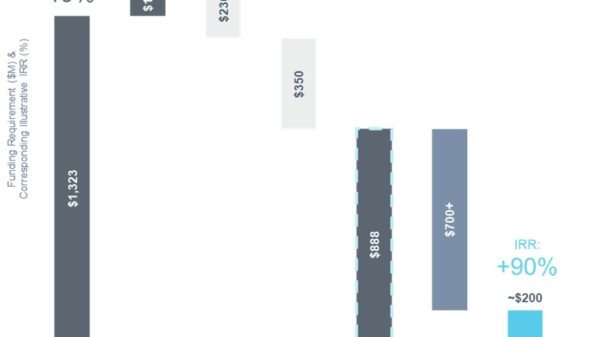URGENT ADVICE: A troubling friendship dynamic has emerged as one woman struggles with a friend who consistently declines her requests for help. In a heartfelt plea to lifestyle expert Harriette Cole, the anonymous writer, known as Off Balance, reveals her frustration over her friend’s repeated refusals, raising questions about the state of their relationship.
The letter, shared just hours ago, highlights a concerning trend: while the friend frequently solicits rides and assistance, she consistently dismisses requests for support in return. Off Balance notes, “When I need help, she is almost always too busy.” This imbalance is taking an emotional toll, prompting her to seek guidance on how to address the issue without escalating conflict.
Cole’s response emphasizes the need for open communication. She advises Off Balance to confront her friend about her repeated refusals, stating, “Tell your friend that you have noticed that she always says no when you ask her for help and that it hurts your feelings.” The expert suggests that the next time the friend asks for help, Off Balance should be unavailable, to see if the friend recognizes the imbalance in their relationship.
In a separate letter, another reader, known as His Adventure, shares a deeply personal dilemma involving her boyfriend’s commitment to international humanitarian work. He plans to move abroad to a conflict zone, a decision that has left her feeling fearful and uncertain about their future together. “I can’t help but feel overwhelmed with fear,” she confesses, expressing anxiety over his safety and the potential strain on their relationship.
Cole encourages her to embrace this time of exploration for both individuals. “Give him space to experience his passion,” she advises, suggesting that instead of asking him to choose between his mission and their relationship, they should find a way to support each other’s dreams.
These urgent letters resonate with many who may find themselves in similar situations, challenging the balance of personal relationships amid the demands of life. As individuals navigate these complexities, Cole’s advice offers a path forward, emphasizing the importance of communication and mutual respect.
The letters serve as a reminder of the emotional struggles many face in friendships and romantic relationships, especially as they confront personal aspirations and the realities of support systems. As these stories unfold, they invite readers to reflect on their own relationships and the dynamics of give-and-take.
For those experiencing similar challenges, Harriette Cole’s insights may provide the clarity needed to address these pressing issues. Stay tuned for further developments as more readers share their experiences and seek guidance in navigating the intricate web of human connections.































































